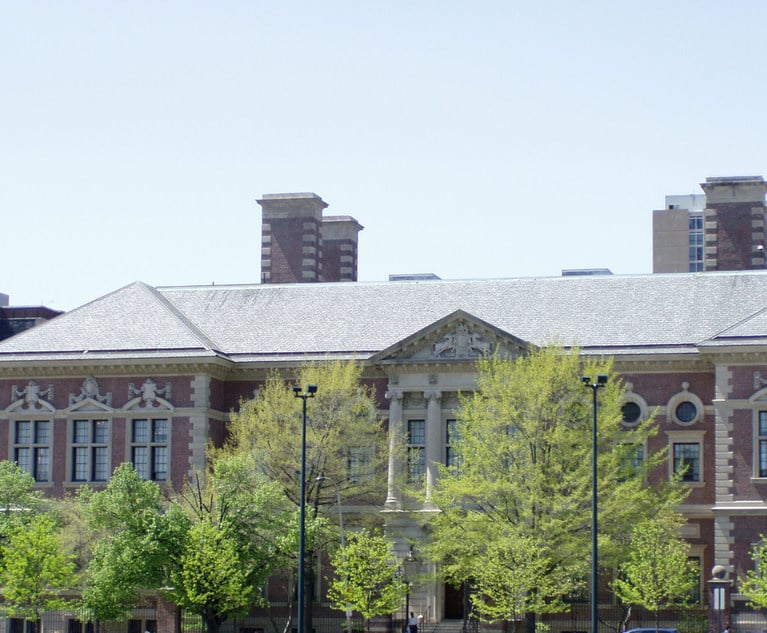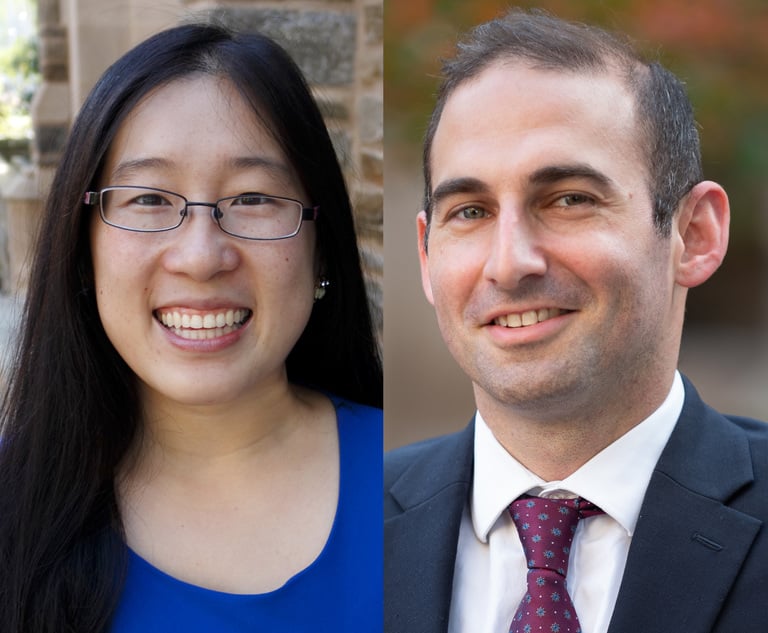At Mazzoni Center, we provide a continuum of health, wellness and legal services for people who are lesbian, gay, bisexual or transgender (LGBT). Mazzoni Center’s legal services program helps LGBT people access tools that can protect them and their families. Our resources limit our ability to provide direct representation in matters outside greater Philadelphia, but LGBT people throughout Pennsylvania need legal assistance, many of whom are low-income and many who fear that they will not be able to find the competent and respectful counsel they need. Wherever, and in whatever areas, you practice law, you will likely encounter LGBT clients. With that in mind, I wanted to address some of the realities of the lives of LGBT people, and how the legal community can address those needs.
In three petitions before it, the U.S. Supreme Court is asked to decide whether discrimination in employment based on sexual orientation (in two of the petitions) or gender identity (in the third) is illegal sex discrimination that violates Title VII of the Civil Rights Act of 1964 (Title VII), 42 U.S.C. Section 2000-e et seq. See petition for certification, Altitude Express v. Zarda, No. 17-1623 (filed May 29, 2018) (sexual orientation); Bostock v. Clayton County, No. 17-1618 (filed May 25, 2018) (sexual orientation) and R.G. & G.R. Harris Funeral Homes v. Equal Employment Opportunity Commission, No. 18-107 (filed July 20, 2018). A fourth petition asks the court to review claims by a high school student that his privacy rights were infringed by sharing gender-segregated facilities with transgender students under a school district policy permitting students to use facilities that align with their gender identity, see Doe v. Boyertown School District, No. 18-658 (filed Nov. 19, 2018). Each petition has been scheduled for consideration by the justices repeatedly without action (as of April 16). The petitions address the rights of LGBT people in two vitally important areas of life—employment and education—and have even broader implications, because decisions interpreting Title VII are often relied on by state Supreme Courts when interpreting state or local anti-discrimination laws.


 Thomas Ude Jr. of the Mazzoni Center
Thomas Ude Jr. of the Mazzoni Center




